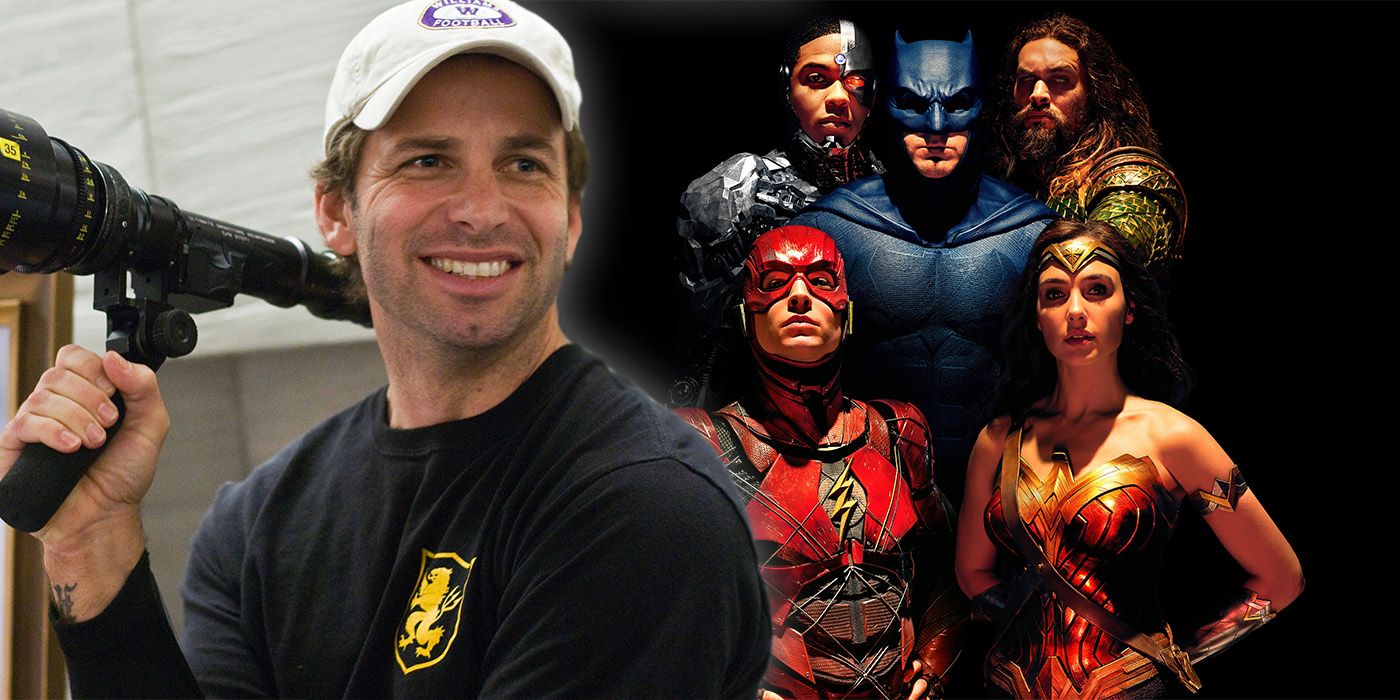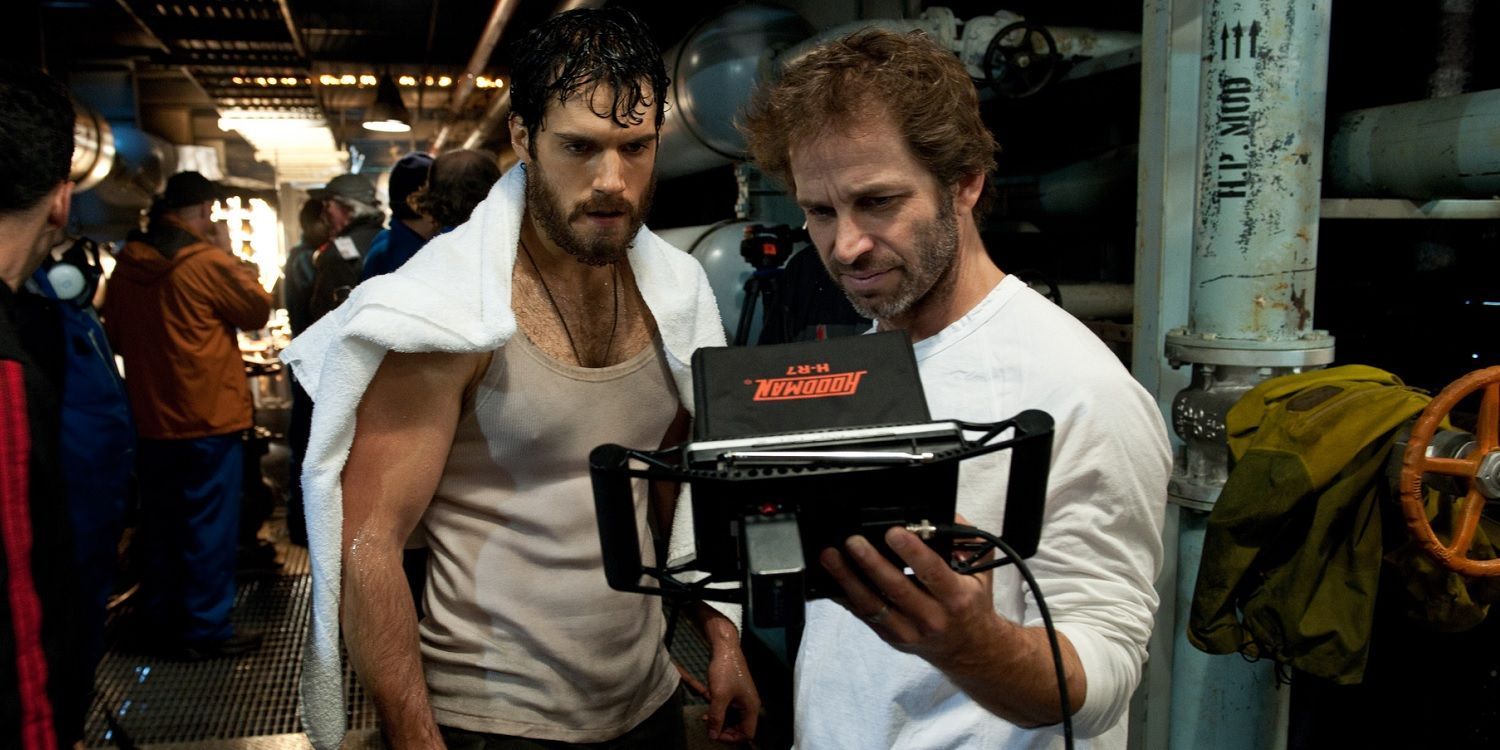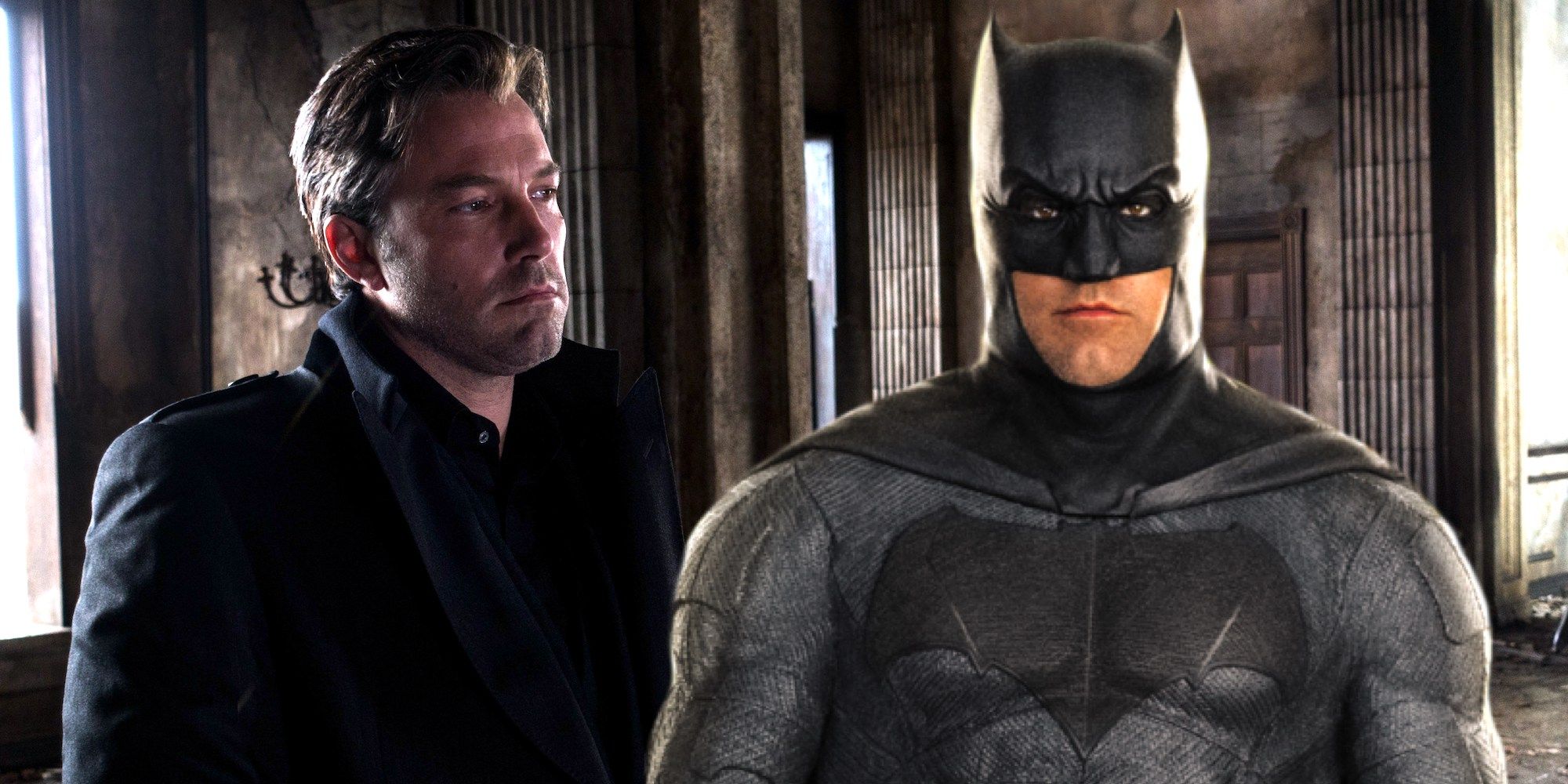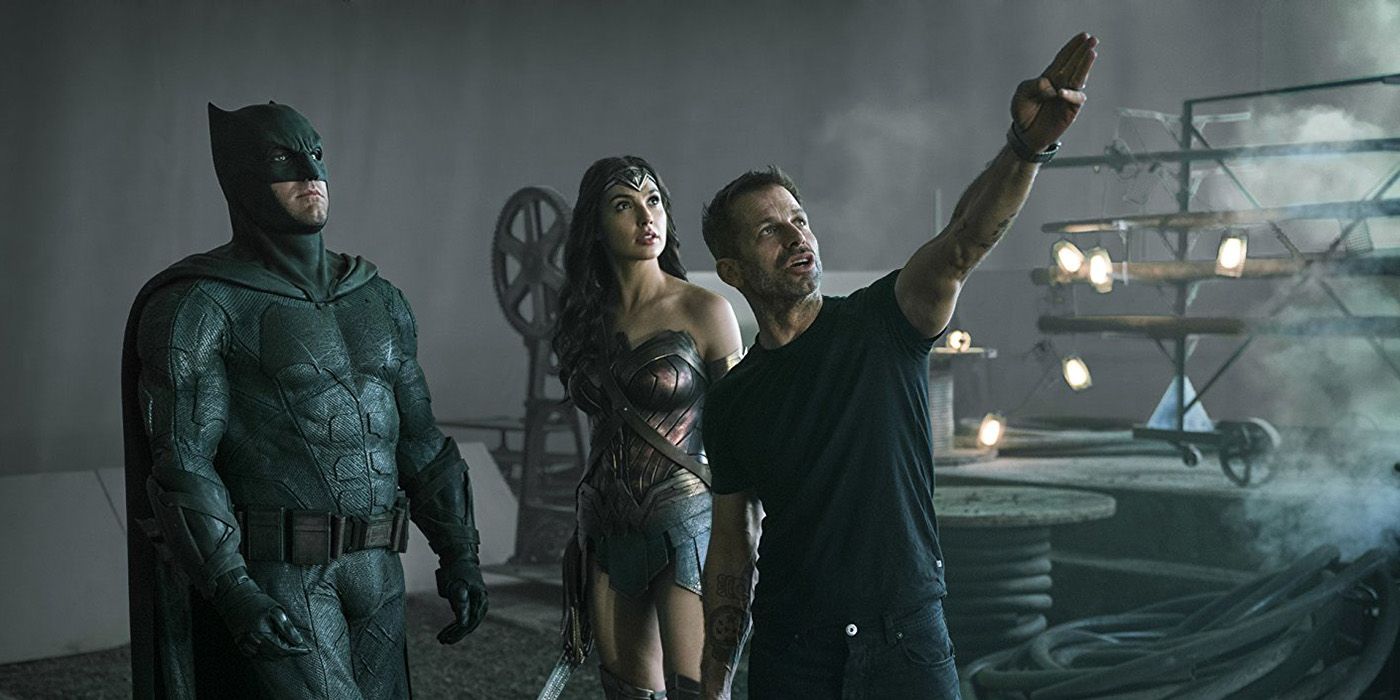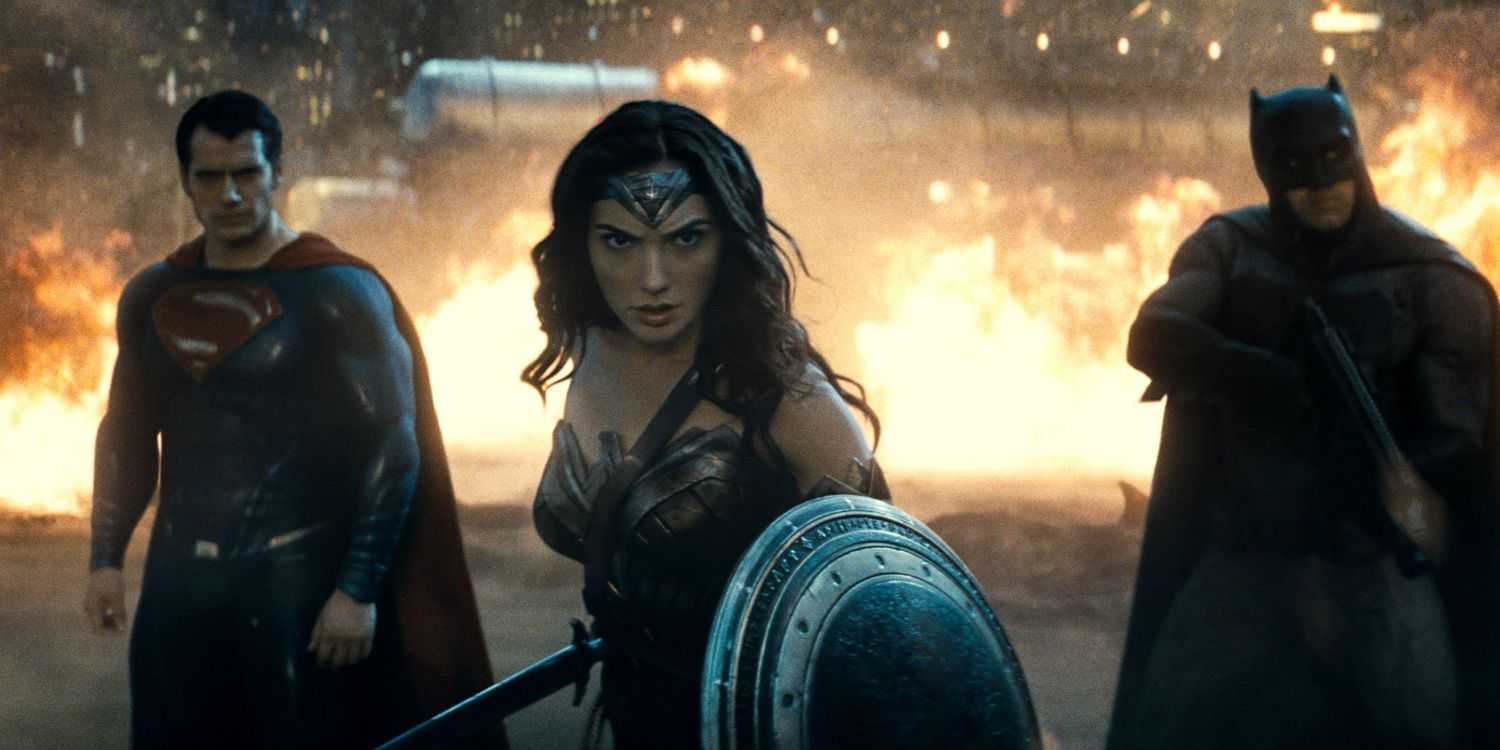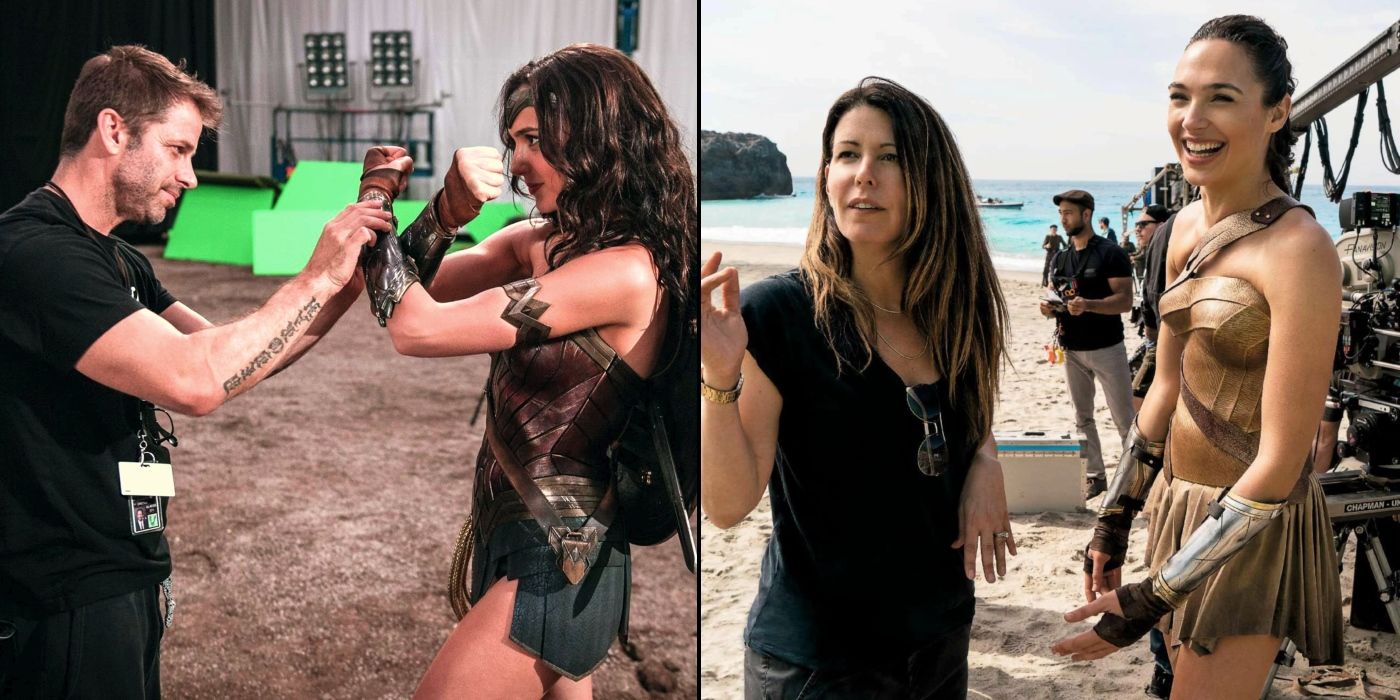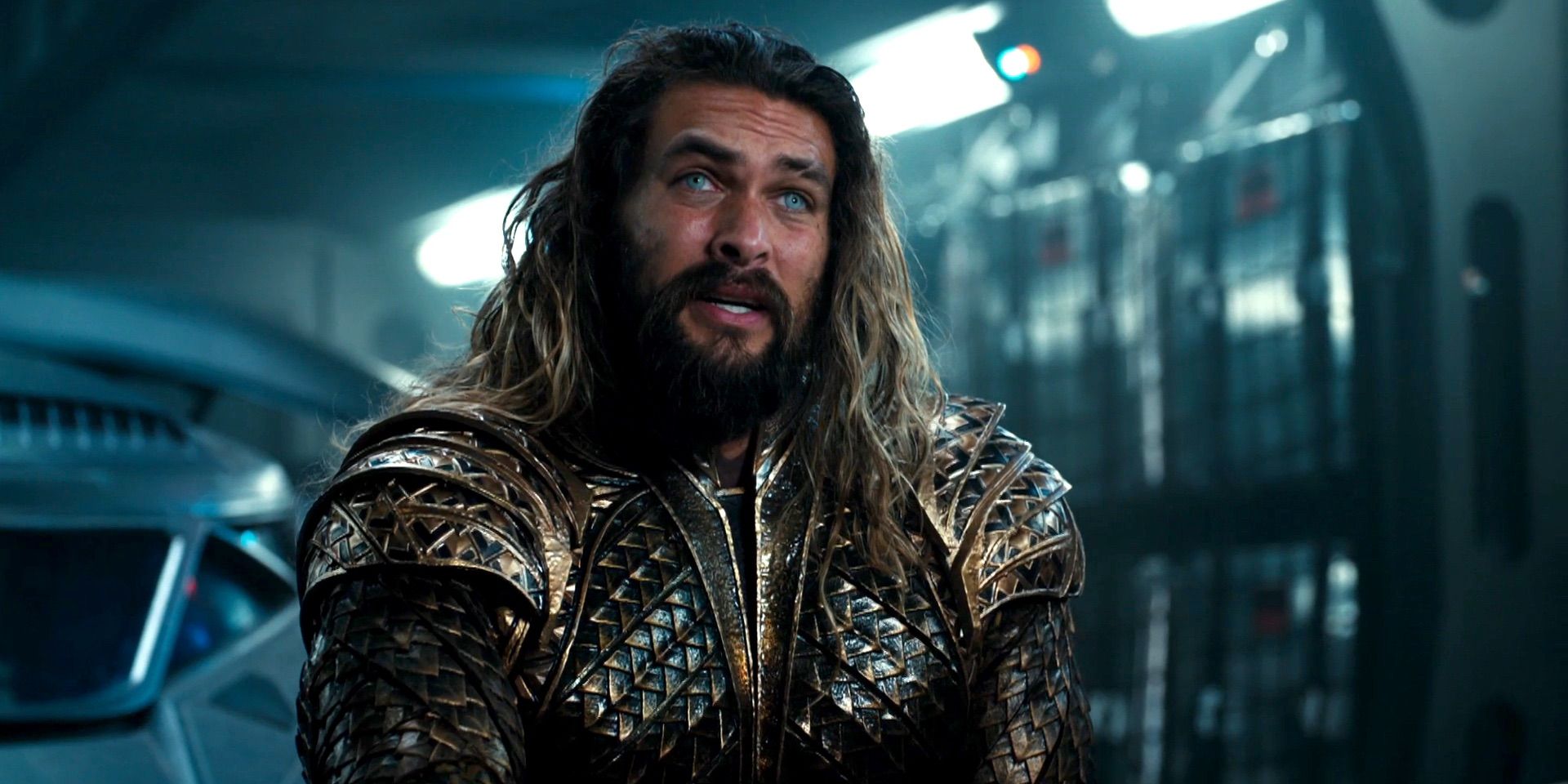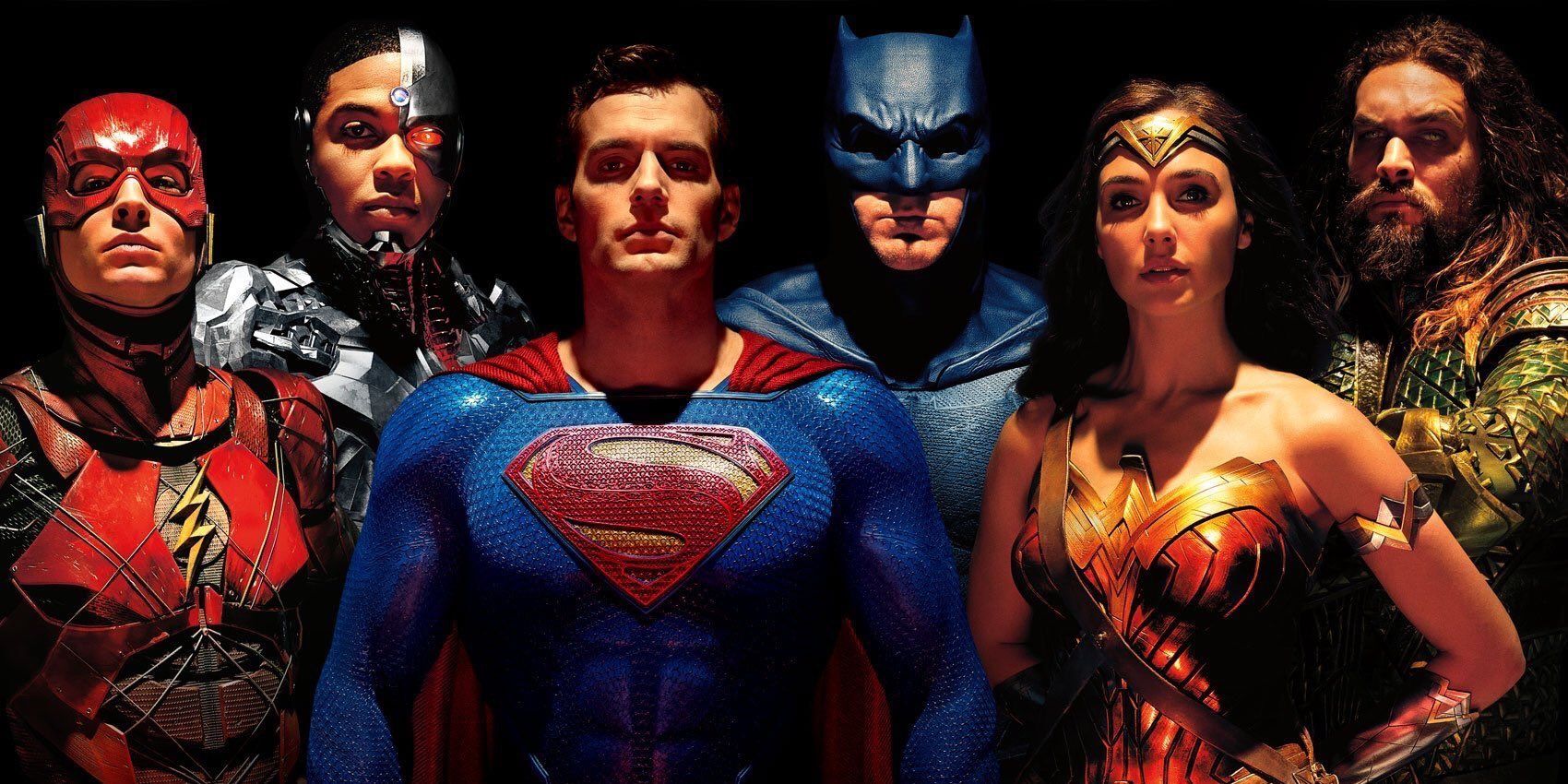The Justice League movie seems like Zack Snyder's last in the series - and believe us, the DC Movie Universe is worse off because of it. The studio has said little about their plans post-Justice League, clearly not the financial or critical course-correction it was hoped to be on the heels of Wonder Woman. And with Zack Snyder not seeing the movie since stepping away, and given how much Joss Whedon and WB changed of his cut, the man who started the DC Movie Universe has an unknown role to play in its future - if there is one planned at all.For those who felt that Zack Snyder was always the problem, not simply for his tone, but his entire method of storytelling, Justice League seemed the perfect chance to prove it. Considering the reactions to Justice League's 'Frankenstein-ed' identity (and some woeful CG mishaps), the problem was never that simple. And for the fans demanding Snyder's version of Justice League be released, the movie that was supposed to jumpstart DC using Snyder's successes has crushed it into the dust.But with Snyder's "trilogy" finished, it's finally possible to see what he really hoped to accomplish with his Justice League story, and how WB may have become their biggest enemy. It's too late for Snyder to turn Aquaman into the next Wonder Woman, but given the decisions made by the studio, they may have misunderstood Snyder's hopes for Justice League as deeply as comic fans, pundits, bloggers, and moviegoers did every step of the way.
RELATED: The Justice League Moments That Are ALL Joss Whedon
Snyder's 'Marvel-esque' Role Was Misrepresented From The Start
It's an understatement to say that in hindsight, speculation and rumor mongering ran completely amok with regards to Zack Snyder's, WB's, or anyone's intentions in building a 'DC movie universe' from the beginning. the main reason being that few could possibly imagine Snyder or DC NOT emulating (read: copying) Marvel's formula. Yet when Snyder and WB confirmed that Man of Steel was set in a universe populated by other DC heroes, the speculation returned to just how quickly Marvel's 'shared universe' of origin stories would be copied under Snyder's supervision, even after Man of Steel contained little evidence of other heroes at all.
Instead, the movie showed what superhero films could be at DC - not what they must be, or all that audiences should expect. They showed that the demand for serious superheroes proven with The Dark Knight had been heard.
But where Nolan's story had been exclusionary, let Snyder leave the doors open for stories of the supernatural, the superhuman, and the alien - and those filmmakers who might wish to walk through them.
When Batman v Superman was announced as the next Snyder film, those who claimed WB was fast-tracking their shared universe claimed vindication, and that a new Batman was the first step in launching it. Elsewhere, some criticized the shameless, greedy drive to replicate Marvel's box office by 'skipping' the necessary steps (the ones Marvel had taken). Since then all involved have admitted that Snyder's Superman series only became a team-up when trying to choose an antagonist for Man of Steel 2.
Once someone asked "what if it was Batman?" there was no going back. Every fan of DC Comics can understand why, since the one person unafraid to stand against Superman has always been Batman... and the only one who could stand between them is Wonder Woman.
Warner Bros. gave the thumbs up, clearly feeling (as many fans eventually did) that an older, cynical, extreme, Frank Miller-esque Batman was a fresh enough take from Nolan's for fans to accept so soon. And with Bruce Wayne and Diana Prince entering Superman's story organically, there was really only one place it could all head...
Snyder's Justice League is One Story, Not a Universe
Man of Steel was Zack Snyder's first Superman movie. Its direct sequel, Batman V Superman introduced the Dark Knight to hold Superman accountable for the prior film. And finally, the events of both previous films all led to Justice League - uniting DC's biggest heroes as the thematic and logical conclusion, meant to signal the arrival of a brighter future (that was the plan, anyway).
A single story, from a single storyteller, told in a single style across three films with a beginning, middle, and an end. Yet Marvel's and Joss Whedon's success in shepherding an entire film slate had already shifted the conversation along with the goal posts. That meant Snyder's films were never judged in installments, as a profitable movie series from a divisive director - fairly common in Hollywood - but as an entire universe. As goes Snyder, so goes DC, with every hero, movie, and filmmaker forced to adhere creatively and canonically.
Except that isn't how DC's movie universe has taken shape... because it was never meant to. It's bad enough that this lens meant the accomplishments and creativity Snyder helped foster were overlooked completely. But with Justice League's reshoots and cuts clearly sidelining Snyder's original vision for an emulation of something much closer to Marvel's style, WB may have made another Wonder Woman impossible.
Snyder Forced a Wonder Woman When WB Couldn't
It's easy to forget that just a few years before Dawn of Justice, the odds of seeing Wonder Woman in a leading role seemed slim - and chances of a solo movie all but non-existent. The reasons were no secret. Comic fans knew Diana could be a star. Superhero movie fans knew it too. The most concise explanation came from Joss Whedon, saying sexism was to blame, plain and simple. And having shaped Marvel's shared universe - and unsuccessfully pitched a Wonder Woman movie to DC over a decade earlier - his word carried weight. But Batman v Superman changed all that.
After countless unsuccessful attempts to get Wonder Woman moving, Snyder adapted the heroine to fit the sensibilities of DC's modern movies (which he was hired to set in the first place). And most importantly, made her an added bonus to a film already boasting Batman and Superman. The move erased the financial risk of an origin movie that could hurt the character along with all female characters if it were to underperform.
And with Wonder Woman planted front and center on posters, and swooping in with all her glory to upstage both heroes in the final act, audiences didn't want her to get a movie - they demanded it.
With momentum on their side, it fell to Warner Bros. to find the person to tell Diana's story. They found that in director Patty Jenkins, and the story was all Diana's... with hardly any connection to Snyder's films whatsoever. Which makes sense, since it was the same Wonder Woman movie Jenkins pitched to DC, also a decade earlier. Soon pundits and analysts warned that because of DC's strange new approach, Jenkins could be forced to tell her story with someone else's vision of the heroine.
In the face of that scintillating behind-the-scenes drama and the colossal box office success of Wonder Woman, Jenkins admitting that Gal Gadot was a "magical gift" from Snyder and his casting department was overshadowed. So too, was Jenkins admitting she probably would have cast "an American girl," missing out on the diversity brought to the superhero movie genre with Gadot's addition (a trend Snyder would continue).
And despite her clarification that Snyder's vision for Wonder Woman convinced Jenkins to sign on, unpleased fans of Snyder's work warned of conflict between solo and team-up Dianas, and awarded all credit to Jenkins for her impressive superhero touchdown (ignoring Snyder handing the ball off at all).
But Snyder was already onto Justice League with hopes of making another unsung DC hero a star. The one most thought of as a punchline.
Snyder Did The Same For Aquaman... Until WB Erased It
The Wonder Woman challenge was simple: re-imagine a hero DC was having trouble adapting to film, spark interest and excitement, and allow a creator with their own story to take it from there. And from early on in Justice League's development, it was evident Snyder intended to keep up the trend - presumably with DC's blessing (since the Wonder Woman results spoke for themselves).
The fact that Snyder cast Jason Momoa as his Aquaman showed an obviously unorthodox vision, raising (Marvel-ish) questions about the freedom granted to the director who would tackle Arthur Curry's solo film. But when director James Wan was asked if Snyder's vision would restrict his Aquaman movie, he again emphasized Snyder's role as a collaborator, not a gatekeeper:
"Well, I think the story that I would like to tell is still at the end of the day my story. And that's what's cool with Zack, is that he's actually very respectful of that. He's actually helping me out in some ways with certain things that he's doing with his [films] so that I can have better groundwork with the standalone Aquaman story."
To some, the montage of Barry Allen, Arthur Curry, and Victor Stone was judged to have been shamelessly forced into BvS as marketing, not relevant storytelling. With only Marvel's brand of teases, post-credits stingers, and dangling plot threads to go by, that made sense. But with all three of those heroes playing pivotal roles in Snyder's direct sequel, perhaps that criticism should also be re-examined through the lens of a three-part story from one filmmaker. And not, as some assumed, a corporate mandate.
Speaking of which...
Justice League Steps Away From Snyder - But is it The Right Direction?
From the looks of it, the connections and teases James Wan is referring to were part of the Aquaman mythology erased from Justice League to make its studio-mandated, two-hour running time - leaving Aquaman to save Justice League's shallowest hero. And now that the deleted footage of Flash and Cyborg has leaked online, even casual moviegoers are wondering how much more exciting, compelling, or at least intriguing DC's movie universe would have been had these heroes been given the same Wonder Woman-esque teases. And had Justice League's many, many changes under Whedon and WB not been made.
Heck, even Snyder's debut of Joe Manganiello's Deathstroke has gotten fans quivering with anticipation (while also earning a "perfect" score from Deathstroke's creator). Will the Aquaman movie face higher odds, greater skepticism, and even greater concern over WB's meddling? Even worse, we'll never know if Snyder's planned introductions to the Speed Force, or Cyborg's body-horror-hero story - both cut down by WB - would have gotten worldwide audiences pre-ordering movie tickets, instead of leaving those films in limbo.
Looking back at every step along the way, the evidence - and filmmakers - say DC's success (with average box office of $775M per film) has more to do with Zack Snyder's vision than his critics would ever admit. And judging by the reception to Justice League, WB's attempt to grab the reins back has left more questions than answers.
We don't know what to expect, but one thing is clear: Zack Snyder's vision for the DC remains in the DNA of its heroes. But what happens to them now... is somebody else's problem.

